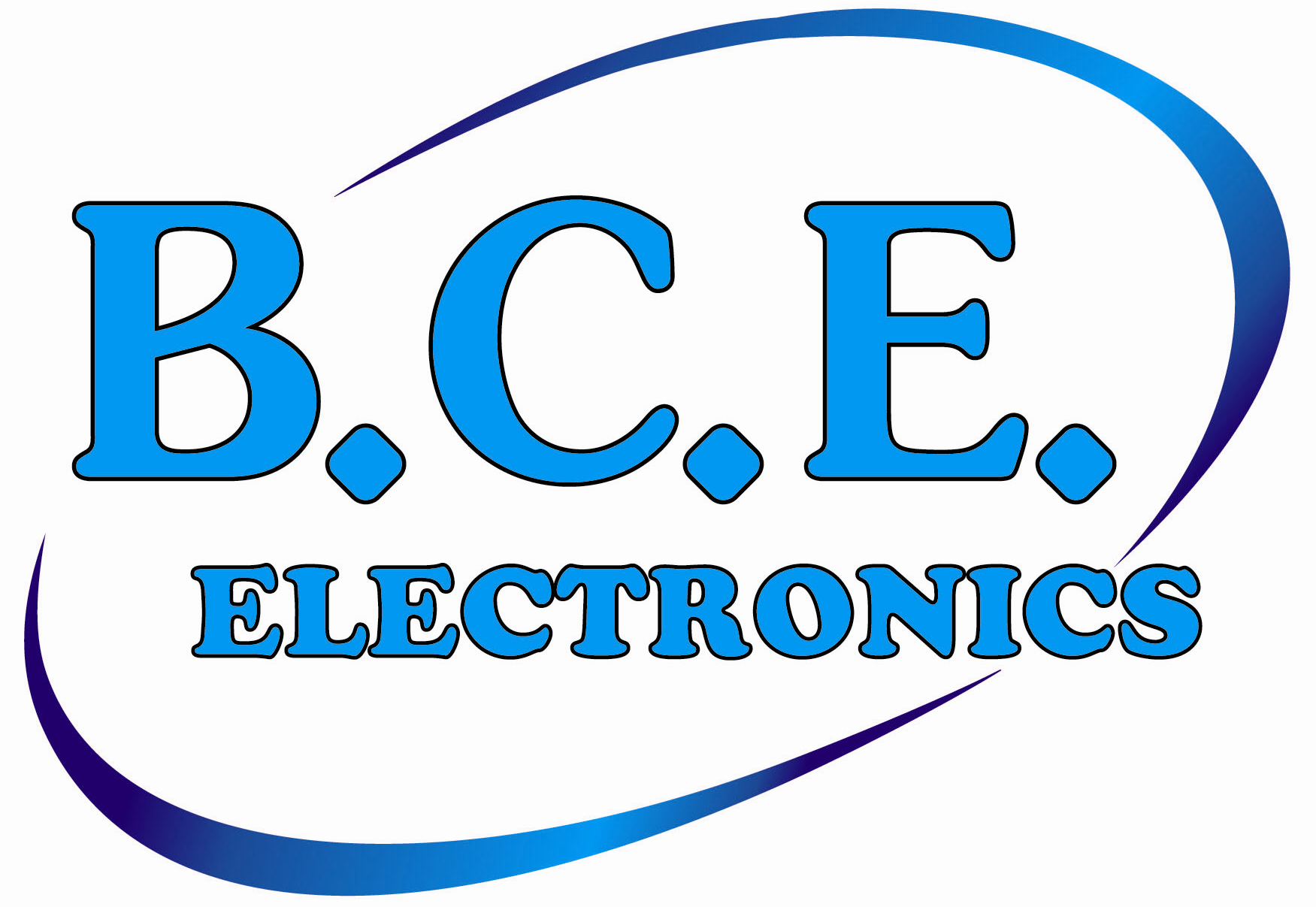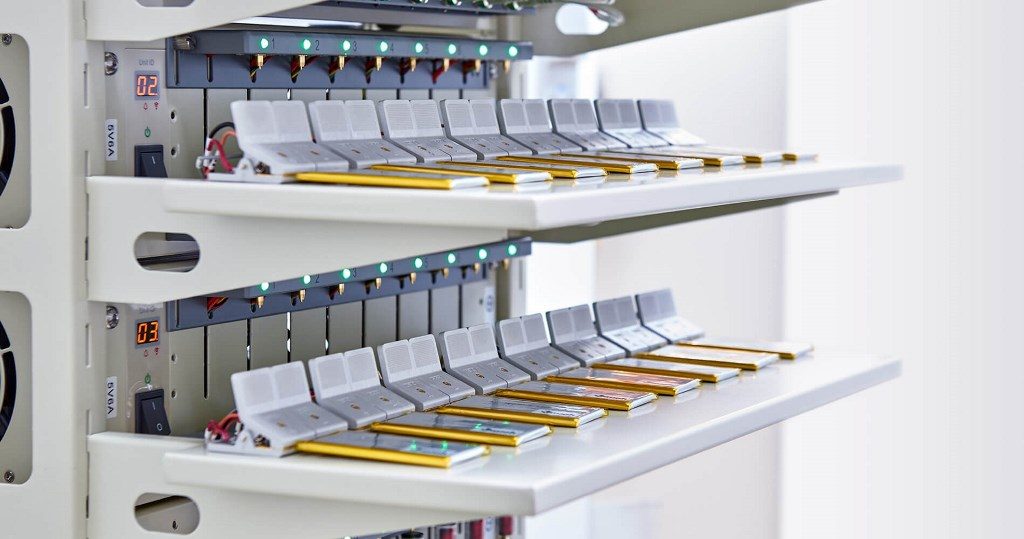Amendment to UN 38.3: Test Report for Lithium Batteries Becomes Mandatory
January 1st, 2020 was an important date for anyone shipping lithium cells or batteries. From that
date forward, all shippers must be able to provide a test summary proving the products shipping
have passed the UN 38.3 test for the transport of lithium batteries. This regulation applies to all
modes of transport and it applies to cells and batteries shipping alone, with equipment, and/or
installed in the final product.
Classified as Dangerous Goods
Lithium cells and batteries have always been classified as dangerous goods. The safety
requirements are correspondingly high, including the UN 38.3 transport test. In eight individual
tests, the behavior of the cell or battery under extreme temperatures, external short-circuits and
overcharging is tested. Transport specific factors such as the reactions to impacts, vibration,
altitude changes and crushing are also examined.
Passing this test has always been a prerequisite for shipping batteries and it continues to be so in
the future. The changes that took effect in January relate solely to the way this test is
documented.
The New UN 38.3 Test Summary Regulation
Back in 2019, a shipper just needed to provide a simple note verifying the cells or batteries had
passed the UN 38.3 test. A short sentence such as “The UN 38.3 test was passed successfully” was
enough. This changed at the first of the new year. From now on, every shipper must be able to
submit a documented summary that refers to a detailed examination report. UN Guideline
38.3.5 regulates which additional information this test summary must contain. Accordingly, the
following points meet the updated requirements:
- The name of the lithium cell/battery or final product manufacturer.
- Contact information of the cell/battery or final product manufacturer, including address,
telephone number, e-mail address and website. - The name of the testing laboratory, including address, telephone number, e-mail address
and website. - A unique test report ID number
- A description of the cell/battery containing the following information:
o Is it a lithium ion or lithium metal cell/battery
o Mass
o Watt-hour rating or lithium content
o Physical description of the cell/battery
o Model number - A list of the tests carried out including the results
- A reference to test requirements for composite batteries, if applicable (i.e. UN 38.3.3 (f)
and UN 38.3.3 (g)). - A reference to the revised edition of the Manual of Tests and Criteria used and any
amendments thereto. - The signature with the name and title of the signatory indicating the validity of the
information provided.
The UN 38.3 test itself remains in its current form, only the demands on the documentation of the
test have become stricter. This update was already introduced and publicly released on January
1st, 2019. Shippers were granted a one-year transition period during which the new regulations
were not yet binding. This transitional period has ended on January 1st, 2020 and the current
transport regulations for road transport (ADR) as well as vessel (IMO/IMDG) and air freight (IATA)
already refer to the new UN guideline.
UN 38.3 Test at Jauch
Jauch Quartz made use of this transition phase and adapted its documentation processes
accordingly. All UN 38.3 individual tests are carried out at the in-house test center in the
Headquarters in Germany, and their results are recorded in detailed test reports. Customers
routinely receive the corresponding test summary. If you rely on Jauch batteries, you are on the
safe side to ship your products in 2020.



















